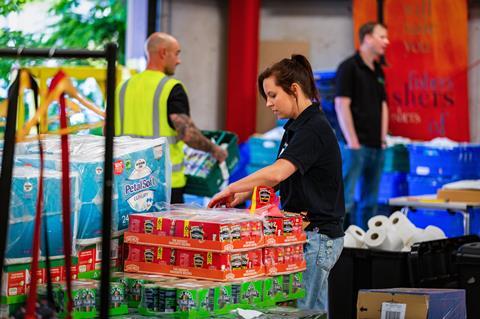
As supermarkets struggle to find a balance between food that is affordable, sustainable and healthy, and food banks struggle to match supply to demand, food co-ops have emerged as alternative spaces of food provision that radically shift the relationship between local communities and their food system.
Figures from The Trussell Trust illustrate the scale of the demand on food banks. It reported a 16% increase in food bank usage between April and September 2023 when compared to the same period in 2022. Its network alone distributed 1.5 million food parcels to people and families facing food insecurity.
The charity recognises food banks are a form of emergency aid and not a long-term solution to food insecurity. Rather than facilitating the transition towards sustainable and intentional local food systems, food banks increase communities’ dependency on external organisations, whilst reducing their agency to make choices about their food. Despite this, the prevalence of food banks, both physically and in political discourse, attests to their increasing normalisation as an ‘easy answer’ to food insecurity.
Enter the food co-op. Instead of approaching local communities as consumers at the receiving end of marketing decisions, or as recipients of charitable donations, food co-ops recognise local communities are their most central and active stakeholders. They are often set up through community ownership models, and receive legal and financial investments from local residents. Essentially, they are integrated into the social fabric of communities.
In centring those who use the space, food co-ops are positioned to actively respond to local needs. The food on offer is locally tailored, culturally relevant, and is able to nourish everyone based on their own financial and dietary preferences.
Food co-ops also facilitate the creation of localised circular economies – benefiting not only their immediate patrons, but also the wider community. Whilst food banks are often donation-based, and supermarkets outsource their food to a variety of global markets, food co-ops tend to source fresh fruits and vegetables locally through long-term organisational partnerships with local growing spaces and food distributors.
St Hilda’s East Food Co-op in London, for example, sources all its non-organic fresh food from the nearby New Spitalfields Market, whilst its organic fresh produce is supplied through a long-term partnership with a farm in Essex.
Food businesses that aim to become more resilient and ethical can learn from this integrated approach. The ‘source local, feed locals’ model of buying relevant food items from local producers is one that can reduce both food waste and food miles, whilst also demonstrating a tangible investment in supporting local communities to become more self-sufficient.
Rather than approaching alternative food distributors as competitors and seeking to supplant them, supermarkets should instead look towards developing long-term and equitable partnerships with local growing spaces and existing food co-ops. Retailers should aim to build genuinely localised food systems, instead of shipping local products off to centralised warehouses, packing and distribution facilities, and back to local stores.
This would create new avenues of growth and development for local and small food businesses, thus strengthening the local economy whilst also diversifying both the sector and the food available on supermarket shelves.
There was an interesting suggestion from Catriona Milligan, co-founder of community bakery High Rise Bakers, in the imagination-based policy manifesto from Transition Network co-founder Rob Hopkins: “supermarkets that benefit local neighbourhoods: tight planning around supermarkets that means they don’t get permission to be built in a neighbourhood unless they’re going to invest at least 75% of their profits locally”.
A radical idea? Perhaps, but national food businesses could learn from local food co-ops and maybe even step out of the way where they are thriving.







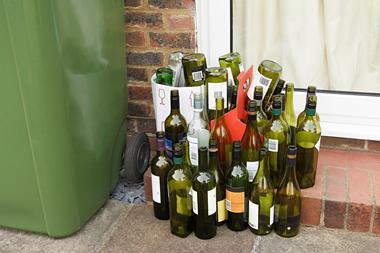
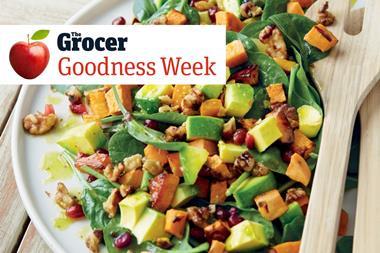
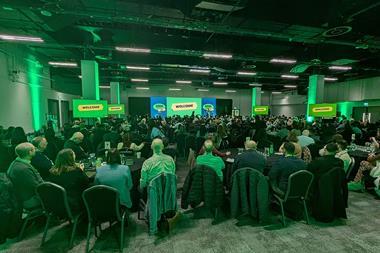


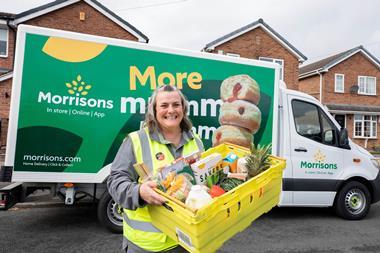






No comments yet